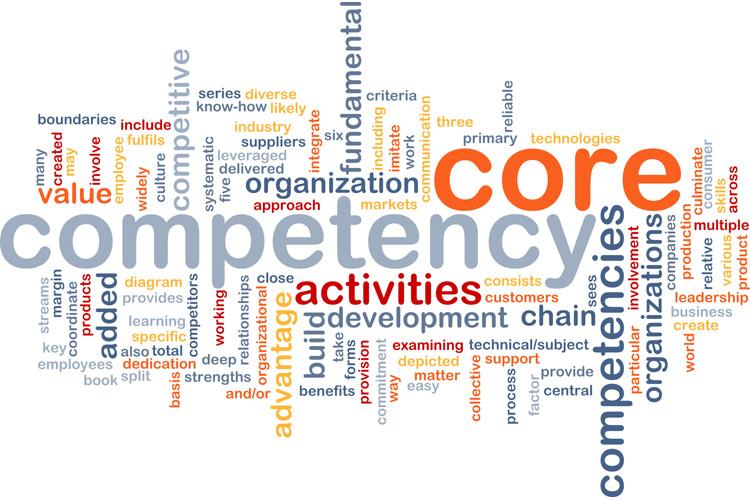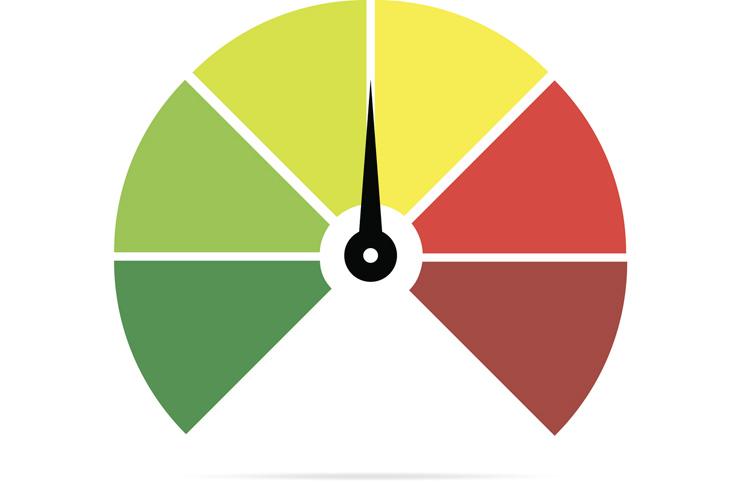Understanding yourself and your skills
Appraising what you are looking for will help guide you towards a more fulfilling job or career path. A clear understanding of your skills and strengths will also help you to build your ‘personal brand’, enabling you to market yourself more effectively to potential employers both on paper – be that CVs, cover letters and/or application forms – and verbally, in interviews and/or at assessment centres.
So where to begin?
There is a whole range of aspects of yourself that you could explore and various ways of generating information about yourself.
Understanding and evaluating skills
Step 1 – Unpacking the skill buzz words
Team working, problem solving, organisation, leadership, initiative, attention to detail – there are so many buzz words out there, but what do they mean on the ground?
In order to demonstrate that you have a particular skill, you first need to understand what it means, and that involves knowing what sort of behaviours and actions are components of that skill.
For example, you would recognise that someone was a good communicator if they:
Quality management systems
Two underlying principles are normally included in quality assurance:
Personal development review
For the individual the benefit is the opportunity it gives you to understand and demonstrate your worth to the organisation, and to discuss your objectives and development over the next review period.
A 360-degree assessment sometimes forms part of an appraisal process. If there is a serious issue with an individual’s performance they should be aware of it anyway – the appraisal interview should not be the first time this is raised.
Performance appraisal
During an appraisal, an assessment is made of results obtained by the employee in their job – usually over the past year - and provides ways of identifying areas that may require improvement. It is often carried out using a pre-established set of criteria and questions, with comments entered manually into a form, allowing each member of staff to be treated fairly and objectively.
List of key competencies
Business awareness
Knows what we do and how we do it. Is aware of our competitors. Up-to-date with general business news. Aware of developments in the sector. Thinks about implications. Has worked in a commercial setting. Understands the importance of customer satisfaction and shareholder value.
Customer orientation
Identifies and prioritises customer needs and recognises constraints. Seeks to find out more about customers and provide a better service. Adopts professional approach to customers. Is reliable and delivers on promises.
Job evaluation
Methods of Job Evaluation
Several methods of job evaluation have been developed but there are basically two types: analytical and non-analytical.
Non-analytical forms include job ranking, paired comparisons of jobs and job classification. They involve comparing whole jobs with each other. They do not attempt to break jobs down and analyse their components or demands separately.
Identifying your strengths
A practical exercise to help identify your strengths
Working in pairs, choose an example of a situation or task when you were ‘in the flow’ This could be when:
- You lost track of time
- You were totally immersed in the task or situation
- You felt energised both during and after the event
Put yourself back in the situation and talk your partner through your example so that it comes alive.
360-degree appraisals
These may well include colleagues and customers, as well as anyone who reports to an individual. Supporters of the process claim that it provides better information about an individual’s performance than a traditional appraisal based on an individual manager’s assessment.
Up to 10 people may be asked to complete a questionnaire about you as part of the process. The individual being appraised may also need to complete a form for themselves.











